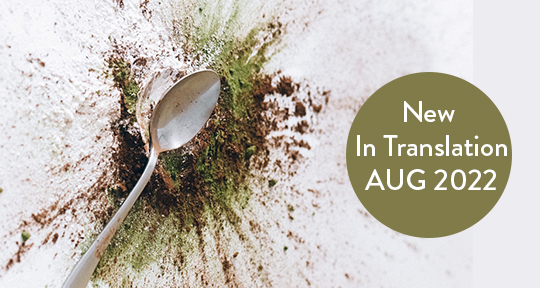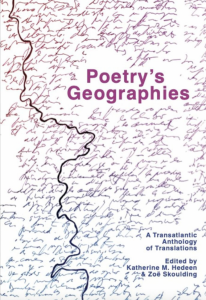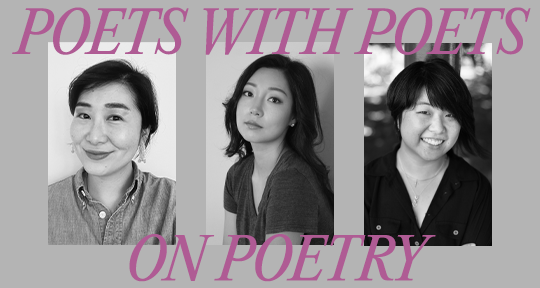This week, our editors direct us towards the profound and plentiful artistic productions emerging from border crossings, diverse encounters, and cross-genre interpretations. From a festival celebrating multicultural writings, novel adaptations of classic canons, and the newly elected fellows to a prestigious international residency, these developments in world literature remind us that within the schematics of difference, shared passions grow and proliferate to create unities.
Alan Mendoza Sosa, Editor-at-Large, reporting from the United States
Between June 21 and 23, Hispanic and U.S. literary enthusiasts gathered in San Francisco for the International Flor y Canto Literary Festival. Originally founded by Latinx poet Alejandro Murguia, acclaimed poet and professor at San Francisco State University, this year’s lineup featured a diverse variety of poetry readings, literary workshops, and movie screenings—all open to the public. Participants included Latinx and Mexican writers, poets, and directors dealing with topics such as identity, multiculturalism, language, and resistance. Most of the events took place at the legendary Medicine for Nightmare bookstore, a unique promoter of Latin American and Latinx literature in San Francisco.
One of the most exciting events was a poetry workshop led by the Mexican poet Minerva Reynosa. Titled “¿Quieres escribir pero te sale espuma?” (Do you want to write a poem but only foam comes out?), the workshop encouraged new writers to try out different techniques to overcome writer’s block. In another event, Reynosa read from her most recent book, Iremos que te pienso entre las filas y el olfato pobre de un paisaje con borrachos o ahorcados. The collection portrays life around the Mexico-U.S. border in the nineties, told from the perspective of a bicultural family dealing with gender violence. The works in the book are long poems of mostly short unrhymed verses, using colloquialisms endemic to the north of Mexico, in a fast paced and highly rhythmic prosody. They also include fragments from songs by the iconic Latinx singer Selena. In her reading, Reynosa usually sings these musical portions, highlighting the sonic elements in the poems and their cultural significance. READ MORE…







